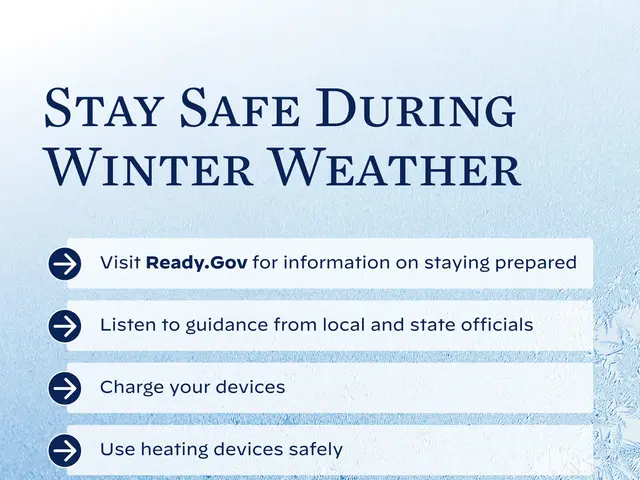Tourist exodus triggered by taxi travail in Thailand: Confidence crises persist, fueling departures
Problematic Taxi Practices Persist, Impacting Thailand's Tourism Reputation
Renewed scrutiny has fallen upon Thailand's tourism sector, with ongoing issues concerning dishonest taxi practices affecting the nation's standing among foreign visitors, particularly those from key markets like China.
According to a report by Mastercard, Bangkok ranks among the world's top four cities for tourist scams, with approximately half of cases involving taxis or rental cars [1][2][5]. Complaints about drivers refusing to use meters or charging inflated fares have become prevalent and are frequently cited on travel forums, review platforms, and even AI tools like ChatGPT.
The repercussions of these issues have been palpable, leading many Chinese travelers, previously Thailand's most valuable market, to favor other destinations such as Vietnam, voicing frustration over their taxi experiences [1].
Tourism has historically been a pivotal pillar of the Thai economy. In 2018, the sector generated over 2 trillion baht in revenue before the Covid-19 pandemic [5]. However, by 2023, this figure had dropped to 1.67 trillion baht, with ongoing reputation issues exacerbating the recovery process.
Addressing this systemic issue has proven challenging. Adith Chairattananon, Secretary-General of the Association of Thai Travel Agents (ATTA), admitted in an interview with Krungthep Turakij on May 22 that the problem has persisted for decades. He noted that while taxi metes were introduced in the early 1990s, complaints have surged in the past decade [1].
Those from the Middle East, a significant demographic for many ATTA members, often report taxis refusing to turn on meters or demanding additional fees mid-trip. According to Adith, this is no longer the work of a few rogue drivers, but rather a systemic issue stemming from weak law enforcement and a culture of impunity [1].
During economic downturns, some drivers have reportedly targeted short-term foreign tourists less likely to pursue legal action. While others adhere to the rules, those who bend them reap greater rewards and face few consequences [1].
As a result, more travelers are turning to ride-hailing applications such as Grab, despite their higher costs. Passengers generally perceive these services as more reliable and transparent due to upfront pricing, driver information, and higher service standards [3].
However, lingering negative online reviews about taxi scams continue to harm Thailand's image, particularly in markets like Hong Kong, Taiwan, Malaysia, and Singapore [2]. Although broader concerns such as personal safety, scam operations, and kidnappings also influence tourist decisions, the consistent issue of taxi meters remains a significant factor eroding confidence and diminishing the country's appeal.
[1] Krungthep Turakij, May 22, 2023.[2] Travel forum posts, review platforms, and AI tools data.[3] Krungthep Turakij, "Transport Ministry to Meet Taxi Association Over Airport Ride-Hailing Dispute Next Week".[4] Grab Thailand Statement, May 2023.[5] Tourism and Sports Ministry, Economic and Tourism data from 2018 and 2023.
- The persistent issue of dishonest taxi practices in Thailand has resulted in a negative impact on the nation's reputation in the stock market, as foreign investors may view this as a business risk.
- The culture of impunity surrounding problematic taxi practices in Thailand has led to a shift in tourism towards other destinations, such as Vietnam, due to travelers' frustrations with the transport system.
- In the general-news sector, reports about the ongoing challenge of addressing the issue of taxi scams in Thailand have raised concerns about the country's ability to maintain a positive image, particularly in markets like Hong Kong, Taiwan, Malaysia, and Singapore.
- The sports industry in Thailand may also be affected, as negative perceptions of the country's infrastructure and service standards, including transport, could influence decisions about hosting or attending sports events.
- As the economy recovers from the COVID-19 pandemic, addressing the systemic issue of taxi scams in Thailand could be critical for the revival of the tourism industry, which traditionally contributes significantly to the nation's overall economic growth.







